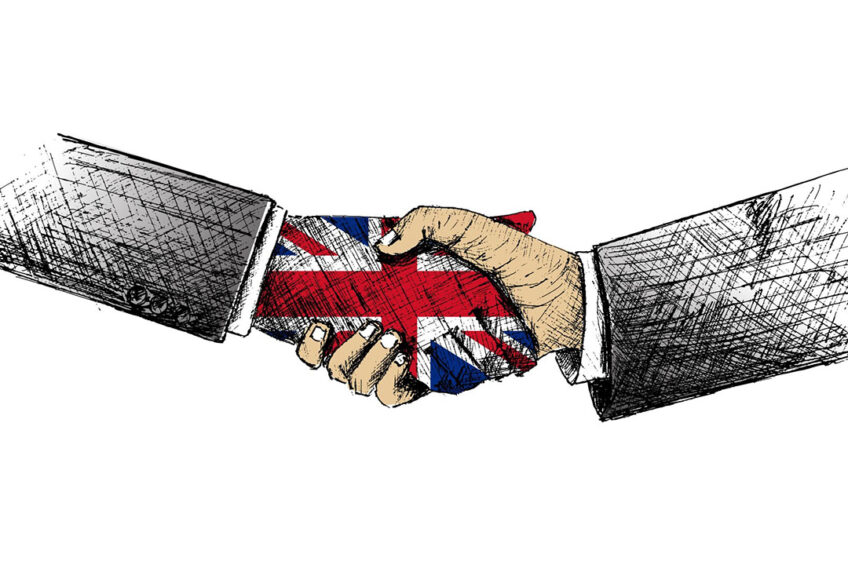UK: New trade deal a “nail in the coffin” for animal welfare

A new Trans-Pacific trade deal could open the door to imports of products produced to lower animal welfare standards than are legal in the UK, warns animal welfare charity, the RSPCA.
“Many members of the Comprehensive and Progressive Agreement for Trans-Pacific Partnership (CPTPP) use methods of production that would be illegal in the UK, and there are no explicit references to animal welfare standards in the trade bloc’s formal conditions,” notes the RSPCA.
The organisation says that it fears that meat produced in the bloc’s member countries using methods that are illegal in the UK will find its way onto the UK’s supermarket shelves and onto the plates of British consumers.
Battery cages and sow stalls
RSPCA head of public affairs, David Bowles, says that it is feared that there will be nothing to stop such products being imported into the UK: “This looks like another catastrophic own goal for animal welfare.”
Bowles continued to say that while the UK government had said it was committed to maintaining welfare standards in international trade deals, the UK joining this Trans-Pacific trade bloc would allow an “endless” amount of egg products produced in battery hens cages – a system that has been illegal in the UK since 2012 – to be imported into the UK, as well as 55,000 tonnes of pig meat produced under standards illegal in the UK.
“Unless iron-clad safeguards on standards are produced, this deal is a huge concern,” he said. “Animal welfare standards are not addressed in this Trans-Pacific trade bloc agreement nor seemingly in what the UK has negotiated. But, if the UK government is to honour its manifesto commitment to protect our leading standards, it must take steps to keep these products off our supermarket shelves.”
CPTPP member nations
The CPTPP member nations include Australia, Brunei, Canada, Chile, Japan, Malaysia, Mexico, New Zealand, Peru, Singapore and Vietnam. According to the RSPCA, the UK, in most respects, has “higher legal animal welfare standards than virtually every other CPTPP member country” and states that many of the members, including Canada and Mexico, use methods of production that are illegal in the UK.













